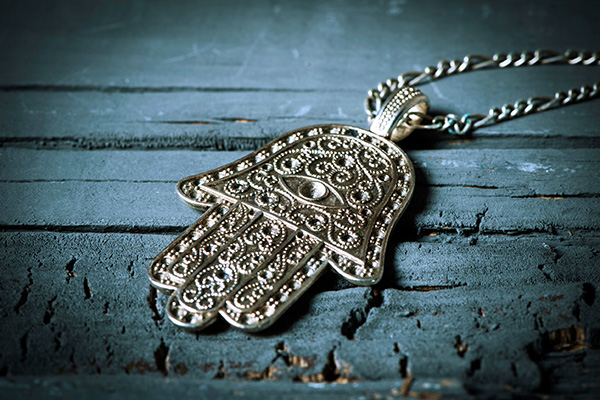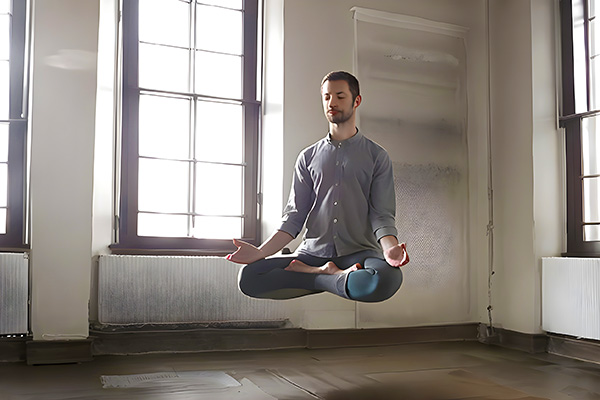jesus christ
The Value Of Anger In Manifesting Your Desires
 A client recently talked about her struggles with anger and that no matter what she did, she could not get rid of her ‘anger issues’. She was concerned that her anger would inevitably attract and manifest more negativity in her life.
A client recently talked about her struggles with anger and that no matter what she did, she could not get rid of her ‘anger issues’. She was concerned that her anger would inevitably attract and manifest more negativity in her life.
Spirit’s response was that there is value and wisdom in anger. The reality is that sometimes we get smoking hot, furious, explosively angry! It is a human response to events that go against our wishes and desires. If it were not a natural reaction, the experience of anger would not be part of our physical life journey.
The truth is that all negative emotions are actually a dear friend who is there to tell us something. It indicates that we are out of alignment with our Higher Self, Spirit and the Divine. When we experience fear, anxiety or anger it indicates that we are out of alignment and no longer in the flow.
A common “pain-causing” tendency is the stories we tell ourselves about the future. One of the most common narratives I find when working with clients is the one that begins: “I will be happy when…”
We create a story about the fulfilment of certain desires and then focus more on the result or outcome rather than the process and the present moment. When our happiness depends on the future fulfilment of a story, we are no longer in resonance with the present reality and out of alignment with the universal flow. We are no longer living fully, we are merely playing an impatient waiting game.
Connecting With Your Spirit Animal
 The concept of animals serving as spiritual guides and symbols for personal growth has deep roots in human culture, stretching back to ancient indigenous societies and persisting through to modern spiritual practices.
The concept of animals serving as spiritual guides and symbols for personal growth has deep roots in human culture, stretching back to ancient indigenous societies and persisting through to modern spiritual practices.
This enduring belief stems from the profound connection humans have observed and felt with the animal kingdom throughout history.
In many indigenous cultures around the world, animals traditionally hold a sacred significance and are believed to possess spiritual wisdom and powers. Many cultures also have animal symbolism in their myths, folklore, rituals, and everyday life.
For example, Native American tribes traditionally attribute personal qualities and character traits, such as strength, courage, wisdom, and cunning, to various animals, viewing them as embodiments of these virtues.
Acoording to these indigenous teachings our animal totems or spirit animals offer us guidance, protection, and insight on our spiritual journey.
We can connect with our spirit animal through meditation, dream interpretation, or rituals. By aligning with the characteristics of our chosen animal, we can gain strength, wisdom, and a deeper understanding of ourselves and our path in life.
The Mystical Symbolism Of The Hamsa
 The well-known Hamsa symbol has a rich tapestry of esoteric meaning that spans several cultures and religious traditions, including Islam, Judaism, and Christianity. It is commonly used as a protective amulet, offering protection from the evil eye, as well as a talisman or good luck charm, bringing its wearer blessings in the form of happiness, health, and fortune.
The well-known Hamsa symbol has a rich tapestry of esoteric meaning that spans several cultures and religious traditions, including Islam, Judaism, and Christianity. It is commonly used as a protective amulet, offering protection from the evil eye, as well as a talisman or good luck charm, bringing its wearer blessings in the form of happiness, health, and fortune.
The Hamsa is also known as the Khamsa, Hamesh, the Hand of Fatima, the Hand of Miriam, or the Hand of Mary. The names “Hamsa” and “Khamsa” both refer to the number five in Arabic while “Hamesh” means five in Hewbrew, all symbolizing the five fingers of the hand.
In Islamic tradition, this famous esoteric hand is named after Fatima al-Zahra, the youngest daughter of the Prophet Muhammad and his first wife Khadija. Fatima is known by many titles in Islamic tradition, of which al-Zahra (meaning “the Radiant One”) is one of the most prominent. Her life, devotion to family and faith, and moral integrity are admired and serve as an inspiration to Muslims around the world.
In Jewish culture, the hand symbol is named after Miriam, the sister of Moses and Aaron, who was a prophetess and is an important figure in Judaism. In some Christian contexts, it is also known as the Hand of Mary, although it is less commonly referred to by this name. In this instance it is associated with Mary, the mother of Jesus, who is revered for her purity, grace, and maternal protection.
The Mystical Phenomenon Of Levitation
 After seeing with my own eyes my yoga teacher levitate many years ago, I am convinced that levitation is not only possible, but that anyone can achieve it through a dedicated spiritual practice.
After seeing with my own eyes my yoga teacher levitate many years ago, I am convinced that levitation is not only possible, but that anyone can achieve it through a dedicated spiritual practice.
I used to attend weekly yoga classes led by a wonderful teacher who was 76 years “young” at the time. She was vibrant and lithe enough to make us younger ones look awkward by comparison.
One evening she invited her advanced students to watch a levitation demonstration. I must admit that I was a little skeptical and did not really know what to expect, but I am always open to new spiritual experiences.
She gave a talk before the demonstration, but I don’t remember much of what she told us. What I do remember very vividly is the incredible moment when she actually floated from her horizontal position on the floor. In a trance-like state, she rose gently and was suspended about a foot (30 centimeters) in the air.
Years later, I had another unusual levitation experience. After a wonderful week-long workshop at the Arthur Findlay College of Spiritualism and Psychic Sciences in Essex, England, a large group of teachers and students from the various classes gathered for a group meditation. The powerful energy in the room that evening was indescribable.
Navigating Loneliness During the Holidays
 The holiday season is traditionally portrayed as a time of togetherness, love, joy, and belonging. We are inundated with media images of families gathered around a festive table, friends celebrating, and communities coming together.
The holiday season is traditionally portrayed as a time of togetherness, love, joy, and belonging. We are inundated with media images of families gathered around a festive table, friends celebrating, and communities coming together.
Paradoxically, for many people, this time of year is instead filled with feelings of loneliness, isolation and disconnection.
The root cause is the societal stereotype and cultural assumption that everyone should be joyful, happy, and surrounded by loved ones during the holidays. If you’re not, for whatever reason, it can lead to feelings of inadequacy, isolation, and social failure.
Holiday loneliness is exacerbated by the stark contrast between our actual circumstances and the commercially driven, idealized versions of holiday gatherings and celebrations we see in advertisements, television shows, movies, and social media. This increases feelings of disconnection, low self-esteem, and even depression.
Loneliness during the holidays can have a significant impact on mental health. Feelings of isolation and disconnection during this time of year can exacerbate existing mental health issues and lead to the development of new ones. The constant reminders of togetherness and joy, combined with a lack of social connections and meaningful interactions, can increase feelings of loneliness, leading to emotional distress, feelings of emptiness and hopelessness, and a decline in overall well-being.

